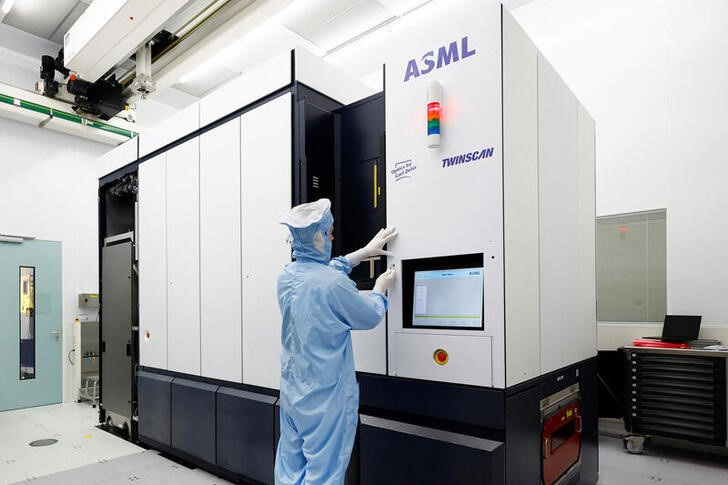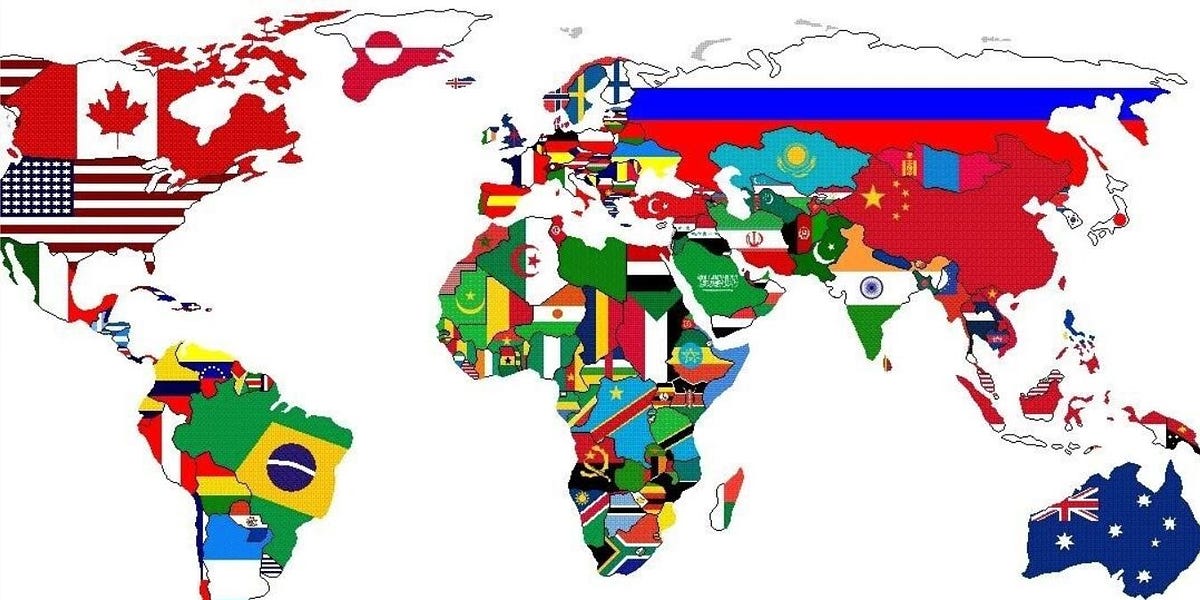BYD and HUBC Partnership: Strategic Move or Risky Gamble?

The China-Pakistan Economic Corridor (CPEC) is a major project promoted by China. One-on-one initiative (BRI) invests billions of dollars in Pakistan’s infrastructure, especially in the power sector. Over the past decade, these investments have led to the installation of numerous power plants, significantly increasing Pakistan’s total power capacity to 42,000 MW.
However, due to Pakistan’s economic downturn, power usage is often much lower than this level, often just 20,000MW. This discrepancy means that the country has to pay for all the capacity it does not use, putting a strain on its finances.
Recently, Finance Minister Aurangzeb renegotiate some of the massive debt It is providing short-term relief by borrowing from Chinese power companies. But the core problem of overcapacity remains unsolved, leaving Pakistan with a tricky fiscal balancing task.
BYD’s Entry: A New Chapter in Pakistan-China Relations?
As the country grapples with energy issues, China appears to be seizing the opportunity to further expand its economic influence. BYD Company Limited (BYD)A global leader in electric vehicles (EVs), the company is set to launch its vehicles in Pakistan, marking a significant milestone for the country’s automotive industry. This is not just a new vehicle launch, but a strategic move to tap into Pakistan’s surplus energy capacity.
Will be lowered In partnership with Hub Power Company Limited (HUBC) has launched in Pakistan. HUBC (through its subsidiary Mega Motors Limited) has a solid history of working with Chinese companies on power projects, including partnerships with China Power Hub Generation Company and China National Machinery Industry Corp (Sinomach). Details of whether BYD will build an assembly or manufacturing plant are still confidential, but energy is unlikely to be a stumbling block, given China’s extensive involvement in Pakistan’s power sector.
The Chinese EV giant recently revealed plans to expand its operations in Pakistan. The company Starts its own automobile production facility In the country, it marks a significant step as the first major player in the electric vehicle sector to enter the Pakistani market. In collaboration with Mega Motors, BYDDY will launch three models, including two SUVs and a sedan, starting in the fourth quarter of 2024.
The company also said it would open three flagship stores in major cities such as Karachi, Lahore and Islamabad. Pakistan currently lacks a robust EV charging infrastructure, but BYD’s move comes as Hubco plans to install fast-charging stations in major cities, highways and freeways once its new assembly plant opens in 2026.
Hubco CEO Kamran Kamal hailed the venture as a “landmark investment” and highlighted its role in strengthening Pakistan’s green transportation options.
This strategic entry promises to not only address the country’s air pollution and greenhouse gas emissions, but also provide a cleaner and more efficient alternative to conventional gasoline and diesel vehicles. With BYD’s innovative EVs hitting the market, Pakistan is poised for a significant shift towards sustainable transportation.
conclusion
The partnership between BYD and HUBC and their entry into the Pakistani market is a bold strategic move, backed by China’s extensive investment in Pakistan’s power sector. The collaboration aims to tap into Pakistan’s excess energy capacity and introduce a new wave of electric vehicles into a market ripe for innovation. On the surface, it appears to be a well-calculated move to spur industrial growth and boost economic activity in Pakistan.
But the venture is not without risk. Increased reliance on Chinese investment could deepen Pakistan’s fiscal obligations and affect its economic sovereignty. As BYD rolls out its vehicle and infrastructure projects, the real challenge will be balancing the potential economic boost with the risks of increased dependence and financial strain. It remains to be seen whether this partnership will ultimately prove to be a wise strategic play or a risky gamble.



